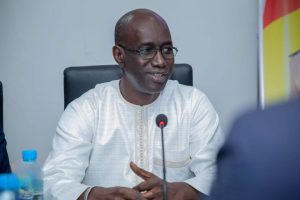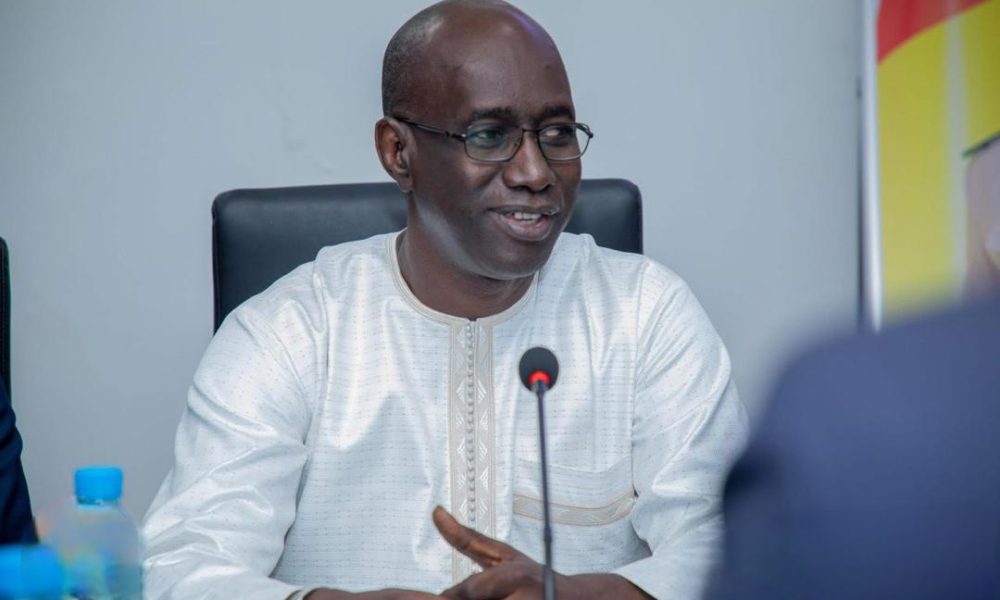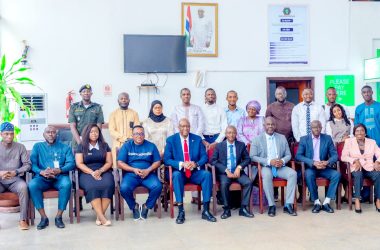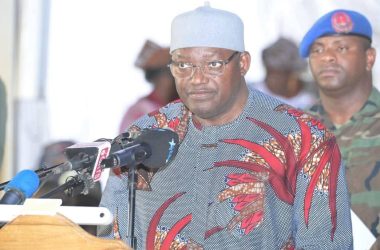The High Commissioner of the Organisation for the Development of the Gambia River (OMVG), Demba Jallow, has warned that climate change and environmental degradation are threatening vital West African river basins and the livelihoods of millions of people who depend on them.
Speaking at a recent briefing, the High Commissioner said the organisation’s mission is to strengthen energy and food security, improve transport networks, reduce member states’ vulnerability to climate shocks, and safeguard fragile ecosystems. He added that OMVG’s objective is to improve the lives of the population while ensuring the sustainable management of natural resources.
OMVG, which brings together The Gambia, Guinea, Guinea-Bissau, and Senegal, has finalised a $7.9 billion integrated master plan with 179 projects designed to harness the potential of the River Gambia and other waterways. But despite the scale of these plans, the High Commissioner admitted the organisation faces mounting challenges. Climate change, population growth, and unsustainable land use are placing immense pressure on the environment, with deforestation, erosion, and water pollution among the most pressing concerns.
He noted that while climate change is not the source of all environmental problems, it greatly amplifies them. The Fouta Djallon Massif, which is the source of several major West African rivers including the Gambia, is especially vulnerable. Millions of people in Guinea, Senegal, and The Gambia rely on its ecosystems for water, farming, and their daily survival.
Flooding is an increasing danger. Recently, the River Gambia’s water level rose sharply from 3.95 meters to 6.40 meters in just 24 hours, edging close to the seven-meter alert threshold. The High Commissioner urged populations in affected areas to remain vigilant.
To tackle these risks, OMVG is preparing to establish an Environmental Observatory that will monitor river basins, track environmental changes, and provide early warning systems. According to the High Commissioner, this observatory will guide decision-making and help mitigate the risks of flooding and long-term degradation. He warned that without such interventions, the degradation of natural resources will accelerate and affect all ecosystems, both land and water.

The High Commissioner stressed that collaboration is key to meeting these challenges, saying OMVG is committed to working with stakeholders to protect resources and preserve ecosystems. By investing in monitoring systems and regional projects, the organisation hopes to build resilience against climate threats while securing the future of one of West Africa’s most important natural lifelines.





